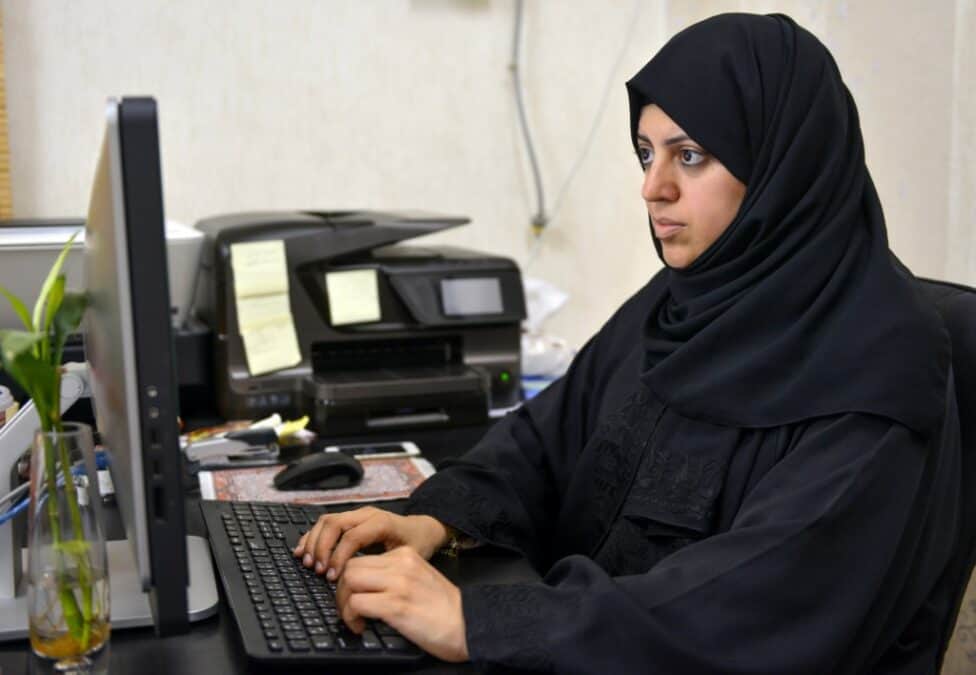Dubai, UAE— Some 50 percent among Saudi citizens believe that women will become the next head of their organization, and 54 percent say that having more women in leadership positions will benefit their company.
While there have been encouraging gains toward a fairer work environment, leaders in the private sector still have work to do to pave the way for female talent, as was highlighted in a study performed in anticipation of International Women’s Day 2023 by Kearney.
Salary rates in the Arab countries
But the question remains do women in the Arab world receive lower salary rates than men? TRENDS asked this question to our followers on Twitter, and here are the results:
Forty-one percent answered that women are paid less salaries than men, while 49 percent answered no, and only 10 percent said others which might mean that sometimes men are paid less.
37.9 percent of the Twitter poll respondents were female, while 61.9 percent were male.
At the same time, 47.5 percent of the respondents were between 20 and 29 years old, and 38.9 percent were between 30 and 39. 9.7 percent of the respondents were between 40 and 49 years old, while only 3.9 percent were above 50.
Furthermore, 41.8 percent of the respondents were from the United Arab Emirates (UAE), while 22.7 percent were from Bahrain, 21.2 percent were from Qatar, 10.7 percent were from Lebanon, and only 3.5 percent were from Saudi Arabia.

Saudi Government supports women
Over the past five years, the Kingdom has created and implemented several inclusive and diverse policies and initiatives to encourage women to enter the workforce.
Significant progress has been made toward gender parity in the workforce, with the percentage of women in the labor force rising to 37 percent in 2022 from just 17 percent in 2016.
According to Kearney’s new survey, ambitious women want nothing more than the chance to rise to the highest levels of leadership in their organizations.
Although 81 percent of working women say they have trouble getting the support they need to take on leadership responsibilities, 71 percent say they can do so at their current jobs.
Just a quarter (25 percent) of respondents indicated they receive frequent training and development from their employer, and only 24 percent said they are offered regular career reviews and promotions.
When asked about their difficulties, one-third of women said their professional aspirations were too lofty.
In contrast, 21 percent felt they needed support in taking on leadership roles at their current workplace. Other twenty percent said they were discriminated against on the job.
Seventy-four percent of respondents (male and female) identified having a leadership team that is genuinely committed to diversity and inclusion as a top priority, highlighting the critical role that current business leaders play in hastening the achievement of a more diverse and equitable workplace.
Sixty-one percent said their company aims to increase gender parity in executive positions. Nevertheless, just 15 percent of respondents said that these were made public. Twenty-four percent of people are under the impression that the company has no such goals.








